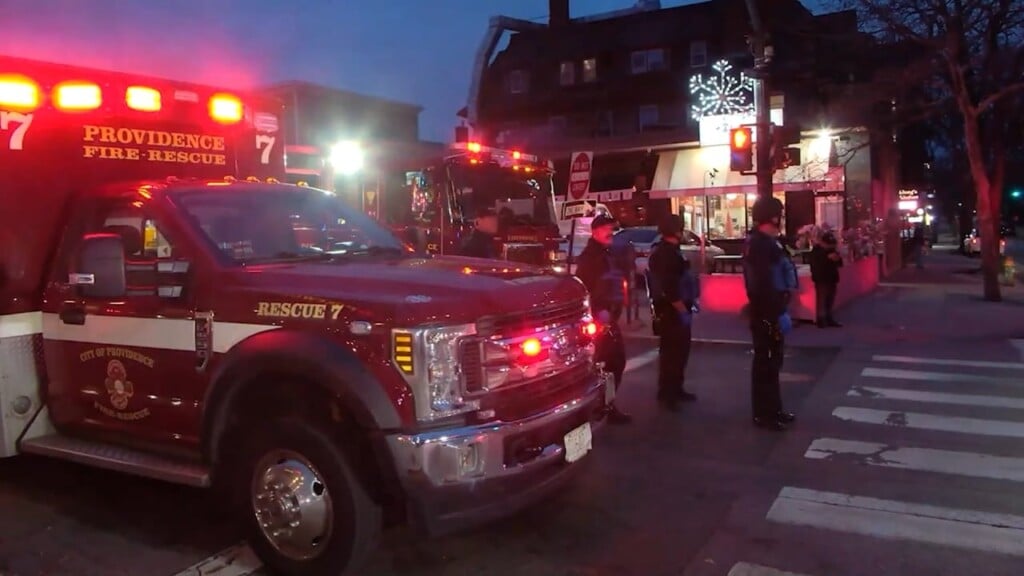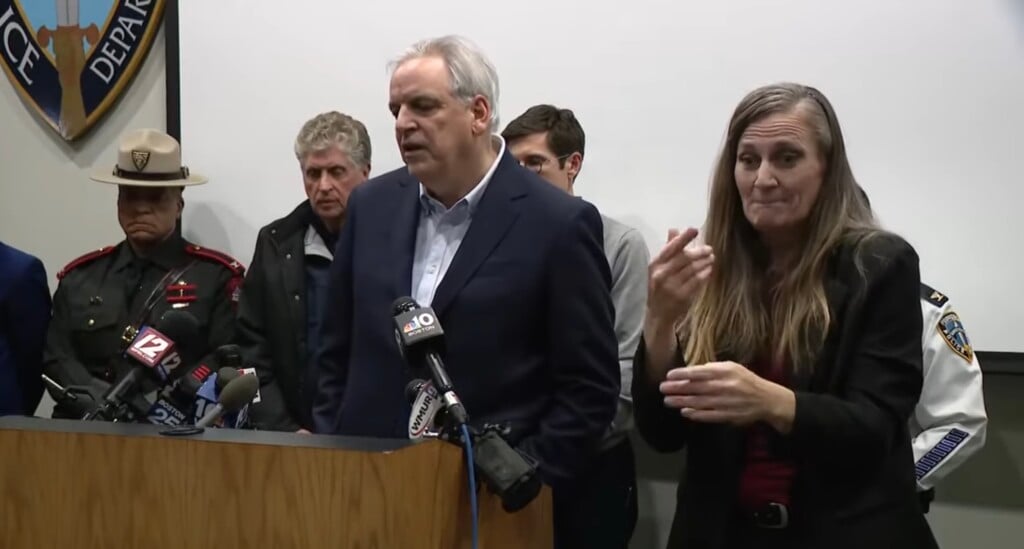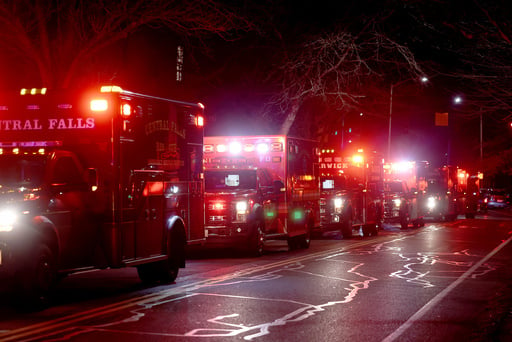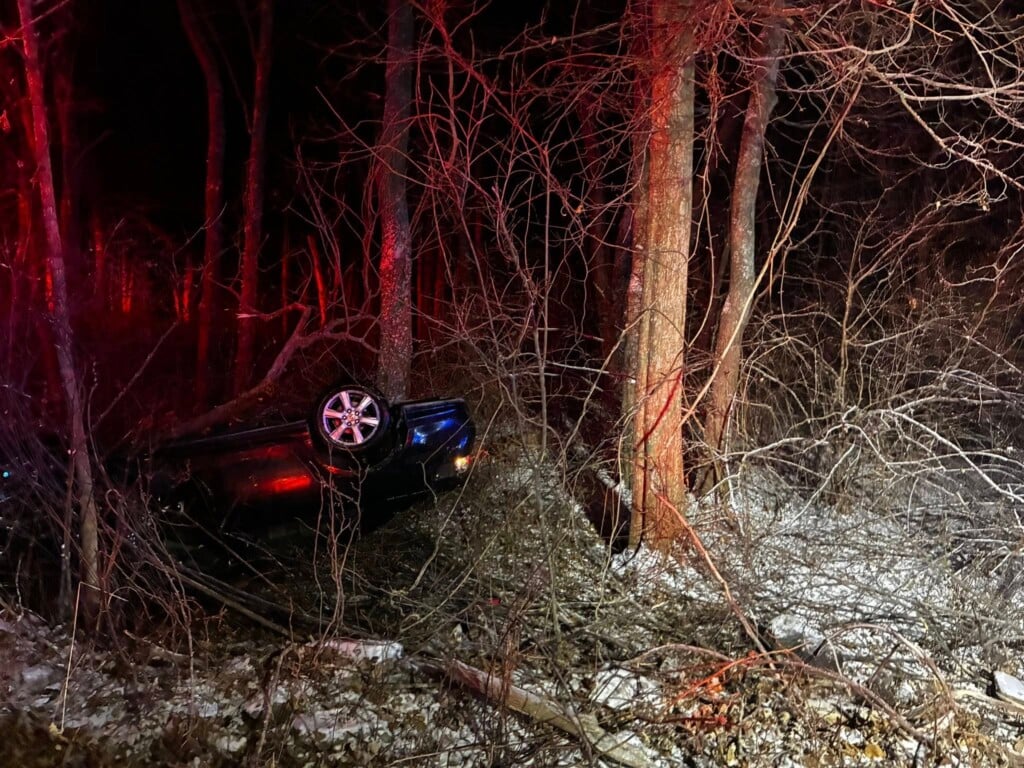Providence schools outline future of district after takeover
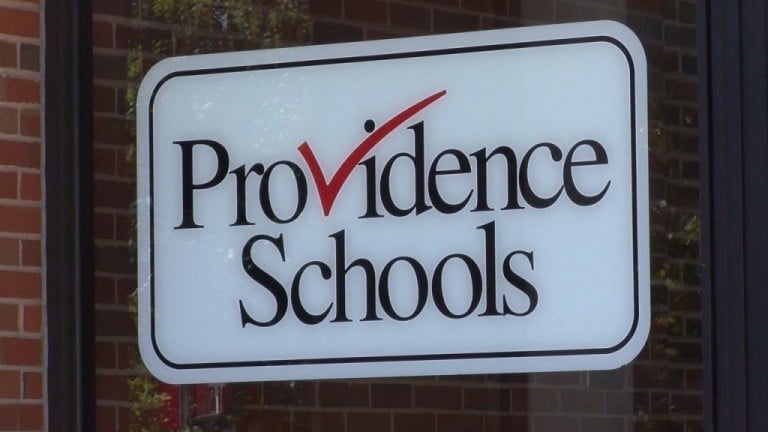
PROVIDENCE, R.I. (WLNE) — The Rhode Island Department of Education has released a report on the progress of the state’s intervention in the Providence Public School District.
In 2019, the state took control over the district following a report that the Providence school district was one of the worst in the country.
The state was set to take complete control over every facet of the district including the budget personnel, as well as the creation of a “turnaround plan” for city schools.
The report released on Friday included a review from SchoolWorks and an academic analysis by the Harvard Graduate School for Education’s Center for Education Policy Research of PPD schools before and after the pandemic compared to similar New England Districts.
“The findings should not surprise anyone; they show the District is moving in the right direction towards meeting the ambitious goals we set, but more work remains,” the report states.
The findings, according to the report, show that PPSD has mitigated learning loss better and is accelerating learning post pandemic faster than comparable districts in Rhode Island, Massachusetts, and Connecticut.
However, there is still improvement to be made in things like attendance, curriculum, transparency on decisions between school leaders and teachers, staff turnover, and more.
The report also cited that there has been improvement in operations by the school committee.
It noted city leaders have begun formal collaboration to prepare for a return of local school district control, but that disagreement remains over city funding for schools.
The report further while the community has a better perception of individual Providence schools, the number of community members and school leaders who have a favorable perception of the school district has decreased.
In her letter, Commissioner Angelica Infante-Green noted the district’s $1 billion plan to address antiquated school buildings and efforts to decrease chronic absenteeism.
“As a regulatory state agency, through our oversight, we are seeking to put in place the right systems and structures for academic excellence that PPSD has lacked for more than 30 years,” said Infante-Green.
“I share with the City of Providence, the Providence School Board, District leadership, and the broader Providence community the mutual goal of wanting to see our students and our school community succeed,” she said.
Infante-Green will still need to form a recommendation to the Rhode Island Council on Elementary and Secondary Education.
The recommendation, according to her letter, may be to renew the existing Turnaround Plan, create a new Plan, or exit PPSD from the intervention.
You can find the full report and analysis, a frequently asked questions document, and other materials here.
In a statement regarding the report, Providence School Board President Erlin Rogers said:
“RIDE commissioning a progress report is like a student filling in their own report card. This intervention has been plagued from the start by a lack of accountability and independent evaluation, and this report only worsens that issue. RIDE has roundly rejected attempts by the school board during my tenure to include our member’s perspectives and the voice of the communities we represent in their decision making process, choosing instead to rule by edict in crucial matters including the closure of schools and the evaluation of their hand-picked superintendent. I am no longer surprised by RIDE’s rejection of attempts to hold the agency accountable to the people, but I am deeply concerned by their lack of self awareness. Namely, I take issue with the report’s complaint that the Board does not “act as a single cohesive body,” which is reflective of RIDE’s belief that the Board exists to silently rubber stamp their agenda and not to represent the diverse views of the community members we represent. Under my leadership, our attempts to amplify community concerns have been met by RIDE criticisms of not knowing our role. Therefore, it’s no surprise that RIDE’s report echoes these same sentiments.”
